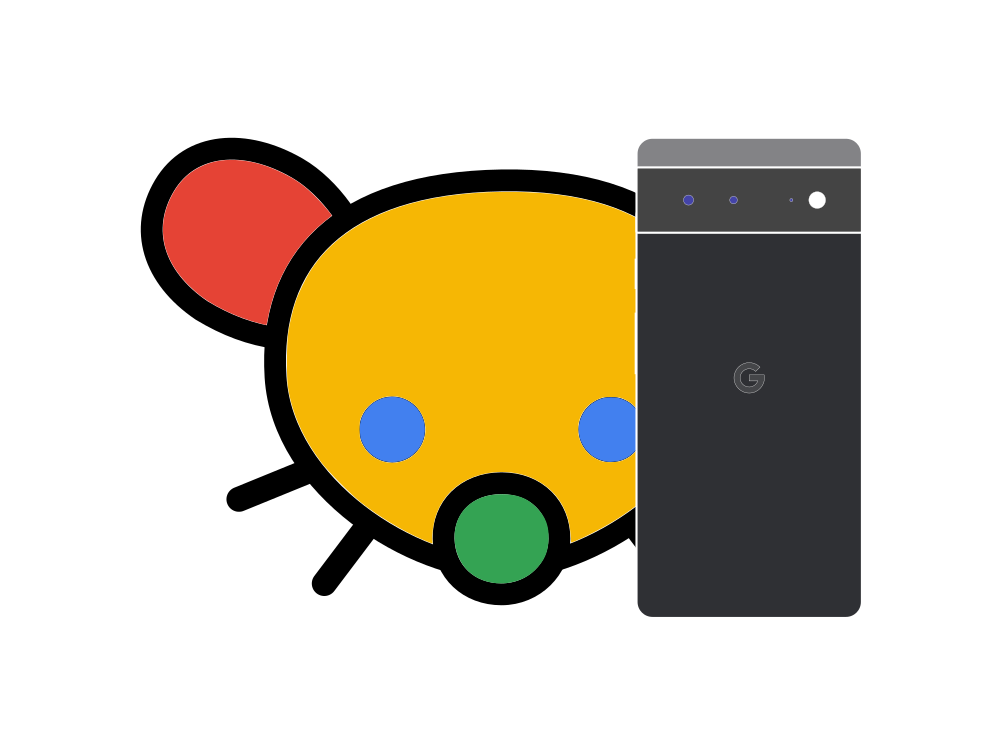

The EU is going to slap them silly for making it an easier process? Instead of needing to know a magic key combo to bypass the security check, now it acts just like any other security permission (for example, screen recording) and sends you to settings. This is absolutely better than it was and the article is clickbait.




Forgejo is already working on federation https://forgefed.org/